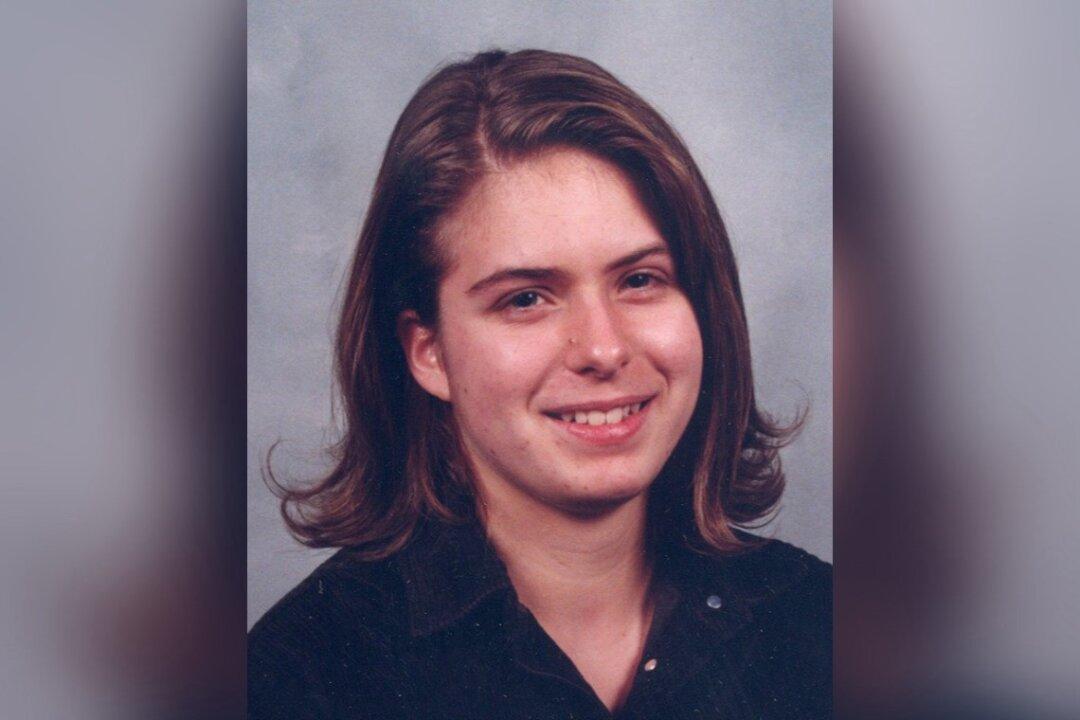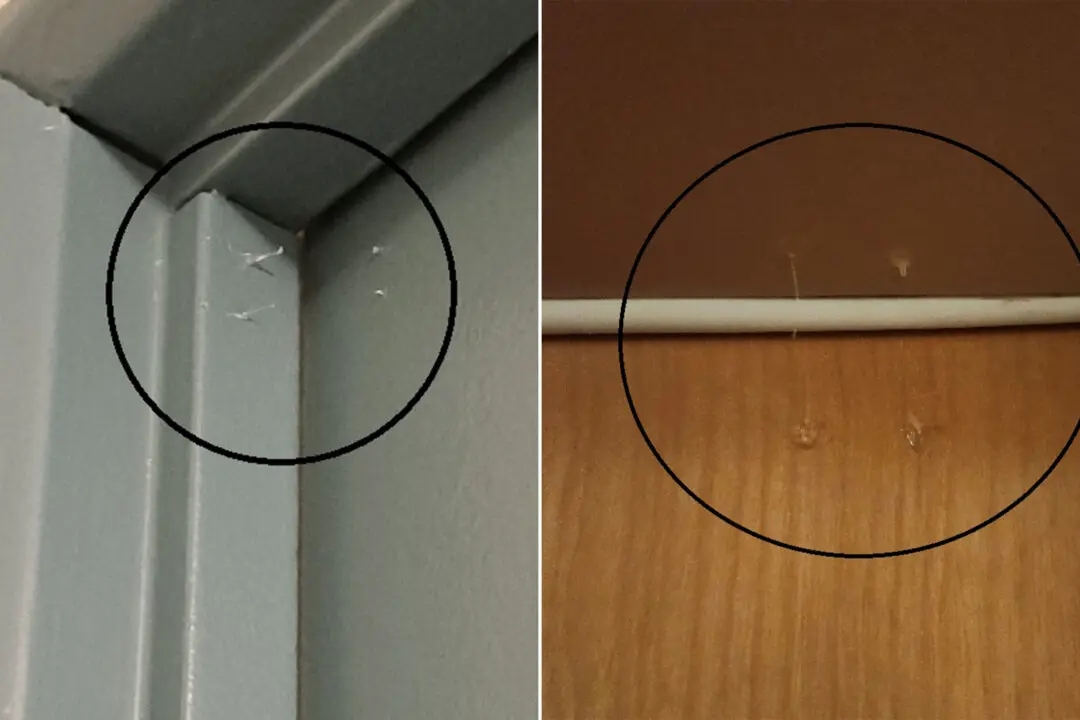Crown prosecutors completed their case Friday against a Quebec man charged with the first-degree murder and sexual assault of 19-year-old junior college student Guylaine Potvin nearly 24 years ago.
Prosecutor Pierre-Alexandre Bernard told jurors the Crown completed presenting evidence in the case of Marc-André Grenon, 49, after testimony from forensic biologist Caroline Paquet.





